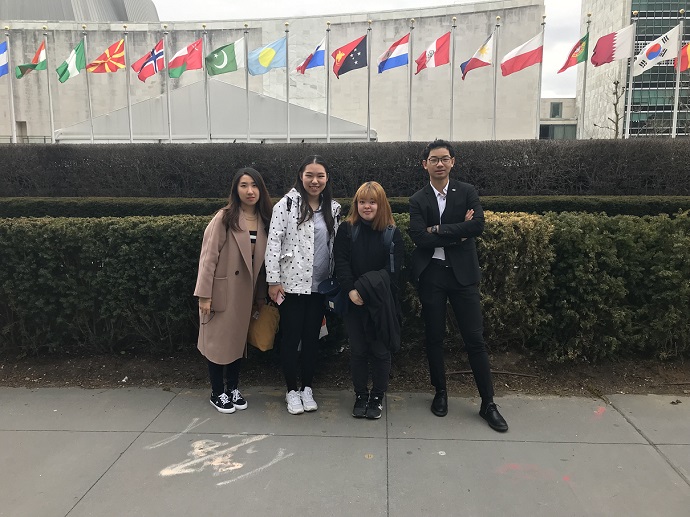Bright students from around the world seeking an American university education typically face two main challenges: a conversational and working knowledge of English, along with practical skills that lead to academic success.
As Syracuse University expands its global footprint, the English Language Institute (ELI), a department within the College of Professional Studies, is finetuning its mission that began 43 years ago: to offer pre-degree programs that prepare international students for the rigors of undergraduate and graduate degrees in the U.S.
“Syracuse University has long been considered a leader in international outreach and education,” says college dean Michael Frasciello. “For more than four decades, the College of Professional Studies has shaped and informed that leadership through the English Language Institute. The institute’s innovative language and culture programs continue to support the university’s recognition as one of just four post-secondary institutions in the northeast designated as a contractor by the U.S. State Department as a pre-degree host site for international students.”
While foreign students today may try to hone their English proficiencies through a variety of sources, the ELI continues to offer superior English language training, plus a competitive advantage for any would-be scholar: extensive academic programming and personal support.
Executive Director David Lind, appointed in 2017, understands the needs of potential ELI students. Through more than 30 years devoted to English language teaching, Lind, who holds a B.A. in history from Cornell University and an M.Ed. in applied linguistics from Open University, has logged more than 20,000 hours of experience in this field outside of the United States. He is also uniquely versed in online study, having administered a live remote teaching program that delivered English lessons weekly to 80,000 students in the United Kingdom, Philippines, Argentina and Uruguay.
“What the ELI provides non-English speaking students is precisely what they need to navigate their chosen areas of study in the U.S. successfully,” Lind says. “Language skills and academic reinforcement, plus professional discipline-specific programs and cultural orientation.”
Year-round instruction is available, both online and in-person on the Syracuse University campus (when circumstances during the pandemic permit). Topical courses include instruction for students in architecture, law, medicine, information technology, and sport venue and event management. A flagship offering is the Fulbright Virtual English for Graduate Studies Program, which brings together scholars from around the world who plan to study in the U.S.
Some students who attend the ELI may not have plans to pursue their education at Syracuse. “As one of four State Department host sites in the northeastern part of the country, we don’t expect this,” says Lind. “Our mission is to help any international student wanting to study in the U.S., regardless of where that may be.”
Two Central New York partnerships are aimed at attracting foreign students to our region. The College of Professional Studies has been working closely with Wells College in Aurora, N.Y. and Le Moyne College in Syracuse to introduce foreign students to their institutions before starting at Syracuse University. Last August, the university welcomed its first cycle of Pathway Program students who had spent their first year of college at Wells.
“The idea is to ease the transition for our international students to university life in a smaller, more intimate setting,” says Lind. The Mother Cabrini Foundation has awarded Le Moyne with a grant to assist immigrant students and asylum seekers in their efforts to complete undergraduate and graduate studies, particularly in medical-related fields, in the U.S.
One may ask how the work of the ELI benefits the university community, Central New York and our nation. “Smart, talented individuals need to be nurtured and educated for making our world a better place, no matter what country the students ultimately decide to live and work in,” says Dean Frasciello. “We consider the ELI to be a critical part of Syracuse’s commitment to global stability and sustainability.”
To continue our important work in assisting international students with their immersion and education, please consider making a donation to the English Language Institute. Visit this link, where your gift will go directly to supporting this program. For more information about supporting the ELI, please contact Jeffry Comanici, Executive Director Post Traditional Advancement, at jjcomani@syr.edu or 315-443-1409.
About the English Language Institute
The English Language Institute, a department within the College of Professional Studies, at Syracuse University is a pre-degree program that prepares international students to succeed in their undergraduate and graduate degree programs. Established in 1979, this immersive year-round program allows international students the opportunity to learn English and culture in the heart of New York state.

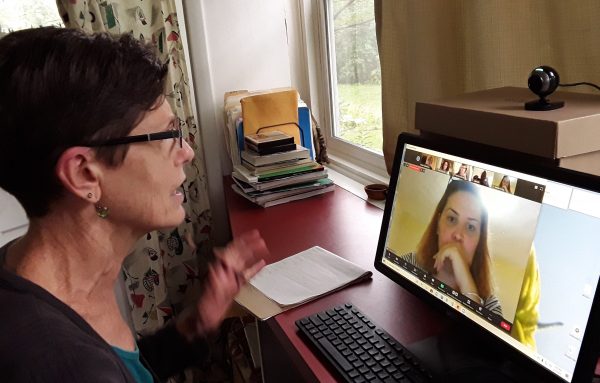
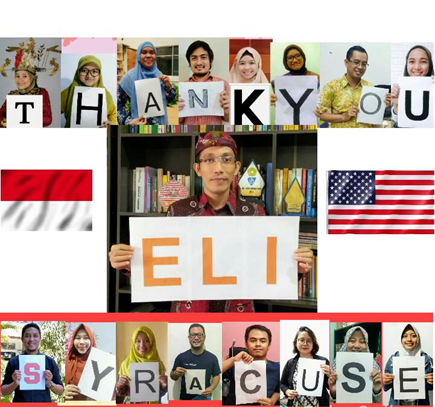
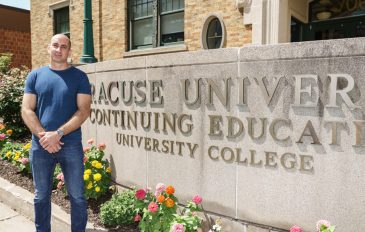 Cuban native Yusdanie Fernandez, the son of a farmer and a teacher, lived in small town situated between the mountains and the sea. After completing high school Fernandez graduated from college with a degree in nursing and began his medical career as a neonatal intensive care nurse. Later he became an intensive care nurse in the cardiovascular unit.
Cuban native Yusdanie Fernandez, the son of a farmer and a teacher, lived in small town situated between the mountains and the sea. After completing high school Fernandez graduated from college with a degree in nursing and began his medical career as a neonatal intensive care nurse. Later he became an intensive care nurse in the cardiovascular unit.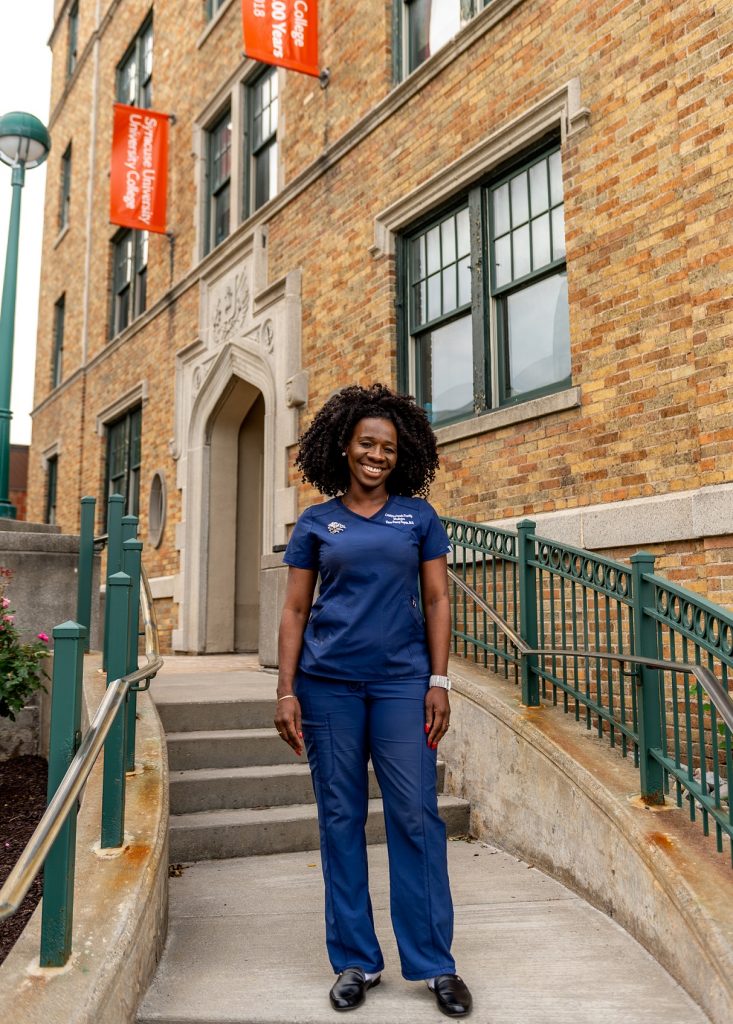
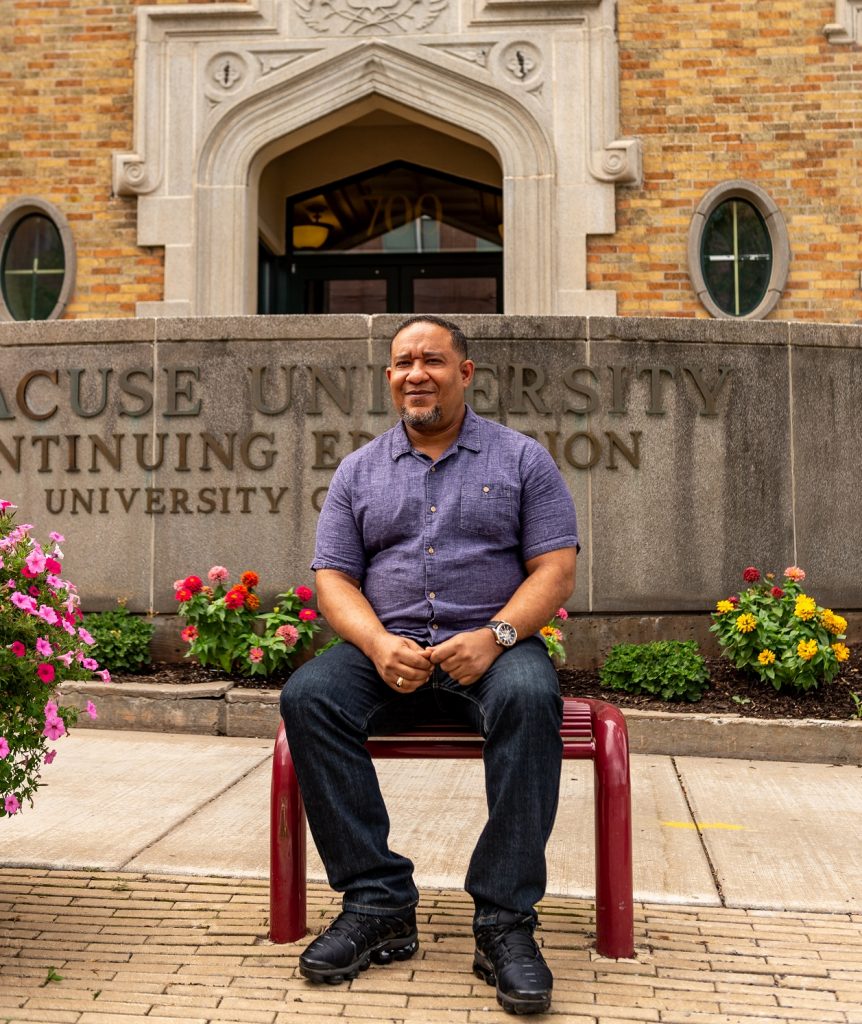
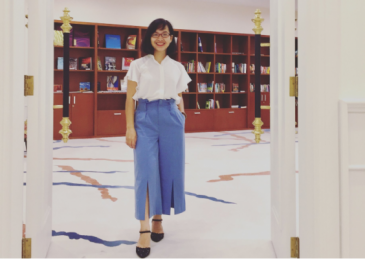 As an English teacher in Vietnam, Mai Nguyen knows firsthand the crisis in the education system in her country. Her mission now is to call attention to the issue by bringing awareness to the relationships between teachers, parents and students in order to affect change.
As an English teacher in Vietnam, Mai Nguyen knows firsthand the crisis in the education system in her country. Her mission now is to call attention to the issue by bringing awareness to the relationships between teachers, parents and students in order to affect change.